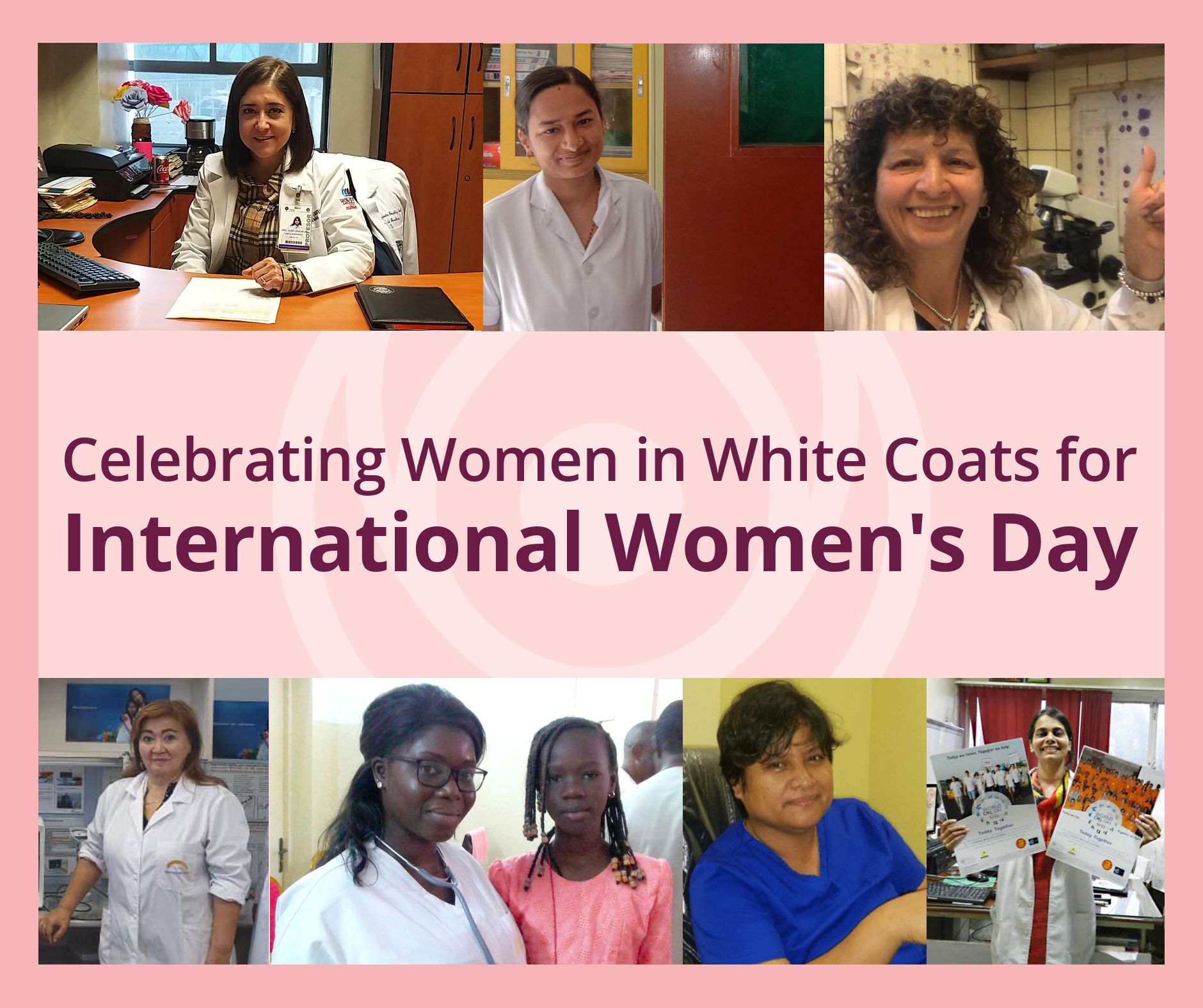In honor of International Women’s Day, we’re celebrating the female clinicians worldwide who join us to bridge access to treatment for their patients.
International Women’s Day is an initiative “celebrating the social, economic, cultural and political achievements of women – while also making a call to action for accelerating gender equality.”
This topic is important to our organization, so we thought we’d take this opportunity to spotlight the female clinicians who partner with us to make our drug access programs a success.
Whether they’re diagnosing, treating, or dispensing medication—each of them go above and beyond to provide cancer patients with the opportunity to live with dignity and hope. They’re ordinary women who play an extraordinary role in helping people living in low- and middle-income countries get the care they need.
Without further ado, meet a few of the women in white coats who inspire us with their dedication to their patients:
Nepal – Sister Bimala Sharma
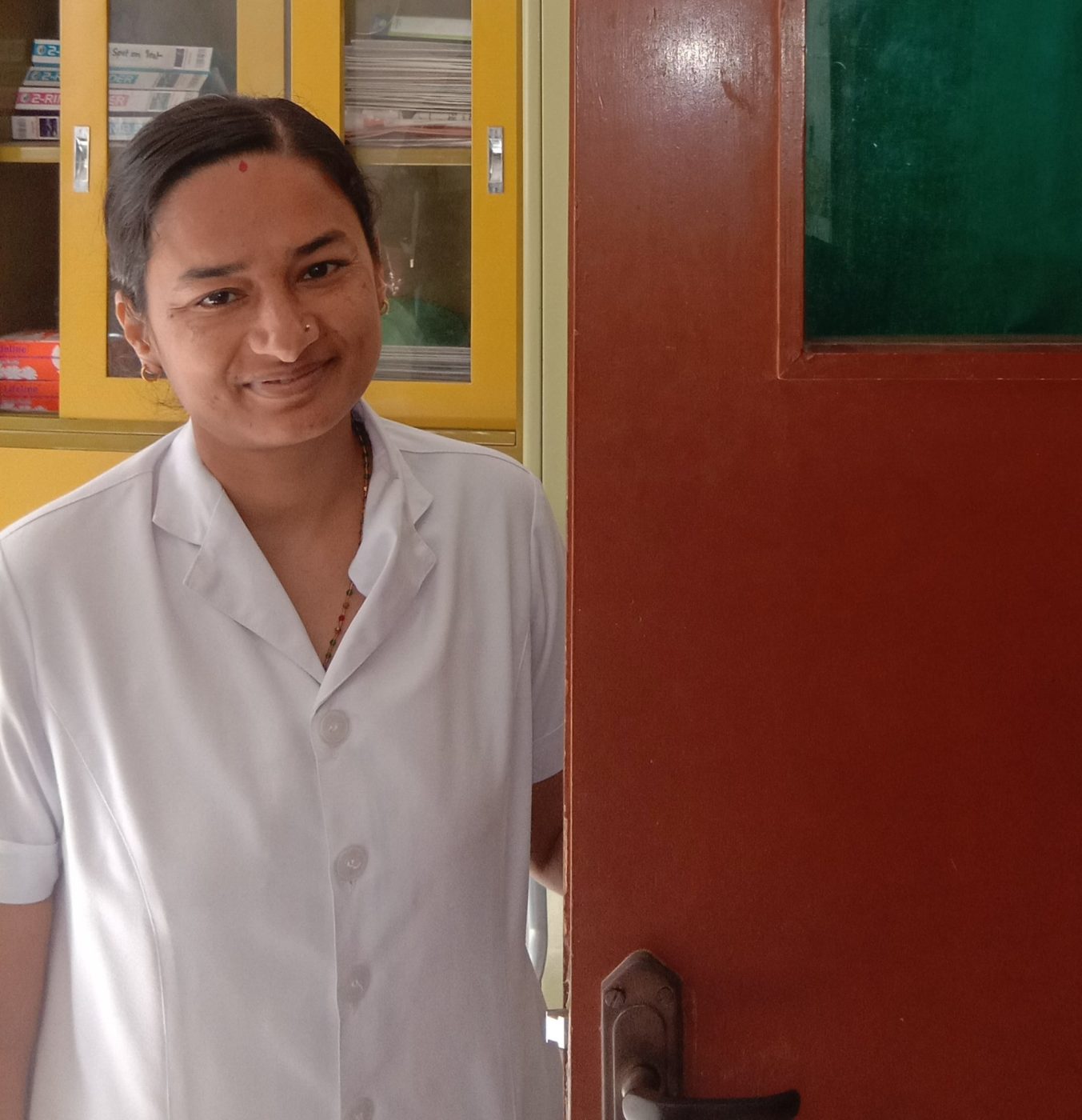 Sister Bimala Sharma is a Senior Staff Nurse at B.P. Koirala Memorial Cancer Hospital, located in Bharatpur, outside the Kathmandu Valley in Nepal. It is the only national cancer hospital in the country.
Sister Bimala Sharma is a Senior Staff Nurse at B.P. Koirala Memorial Cancer Hospital, located in Bharatpur, outside the Kathmandu Valley in Nepal. It is the only national cancer hospital in the country.
“I wanted to become a staff nurse since I was in school,” says Sister Bimala. “When any relative was admitted to the hospital, after seeing the good services provided by the nurses, I was inspired to study nursing, too. When my father got sick, I wanted to become a nurse so that I can take care of him.”
In a recent interview with our team, she explains that patients travel from all over Nepal seeking treatment.
“Few of them (patients) travel 3-4 days,” she says. “Due to the bad transportation facility of the country, they have to break their journey and travel. They spend almost 7,000-8,000 NPR (about $70) per visit.”
To accommodate their patients’ needs, the staff at B.P. Koirala look for ways to quickly approve medicine and supply patients with enough medication to sustain them for a few months at a time.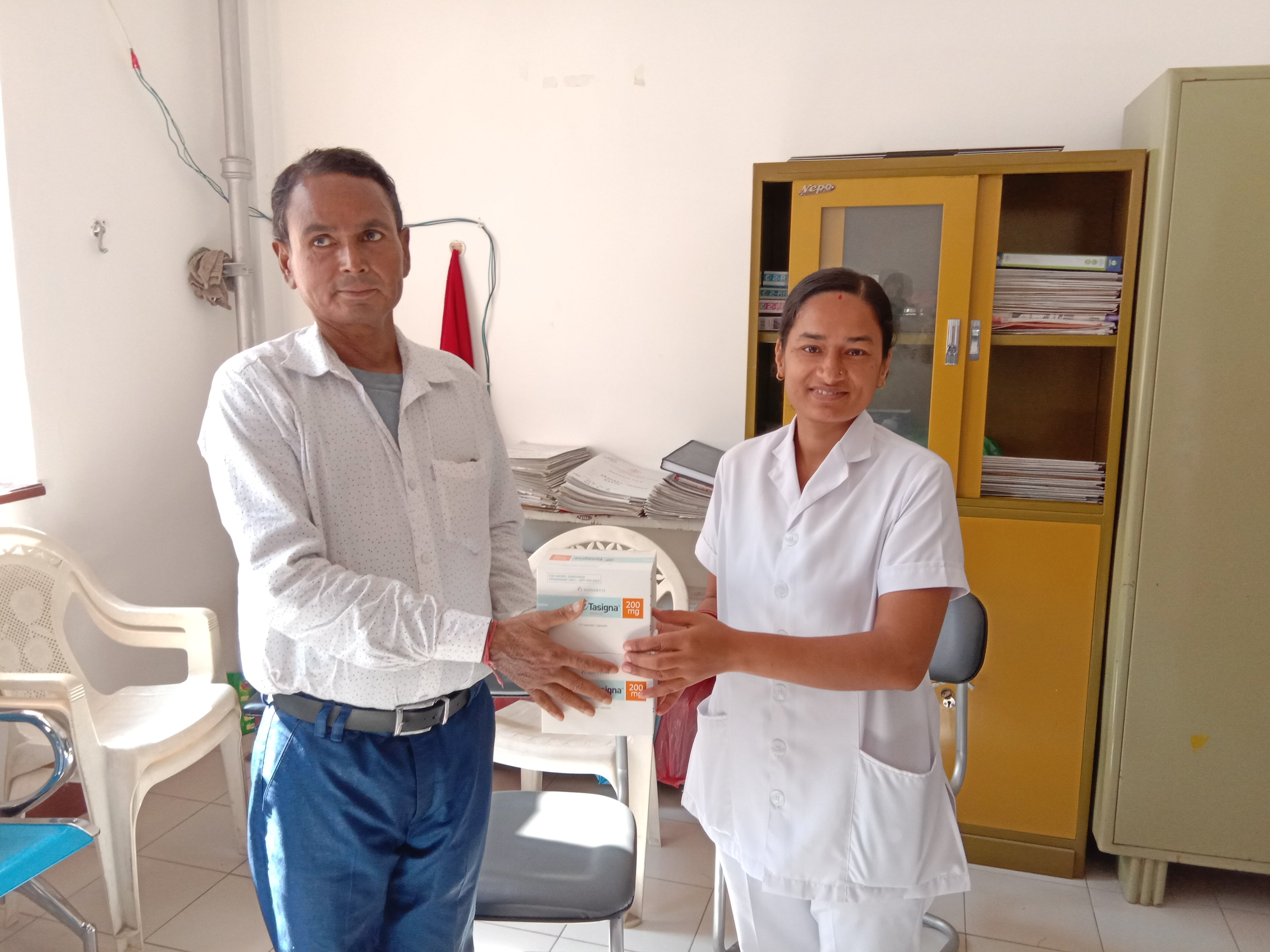
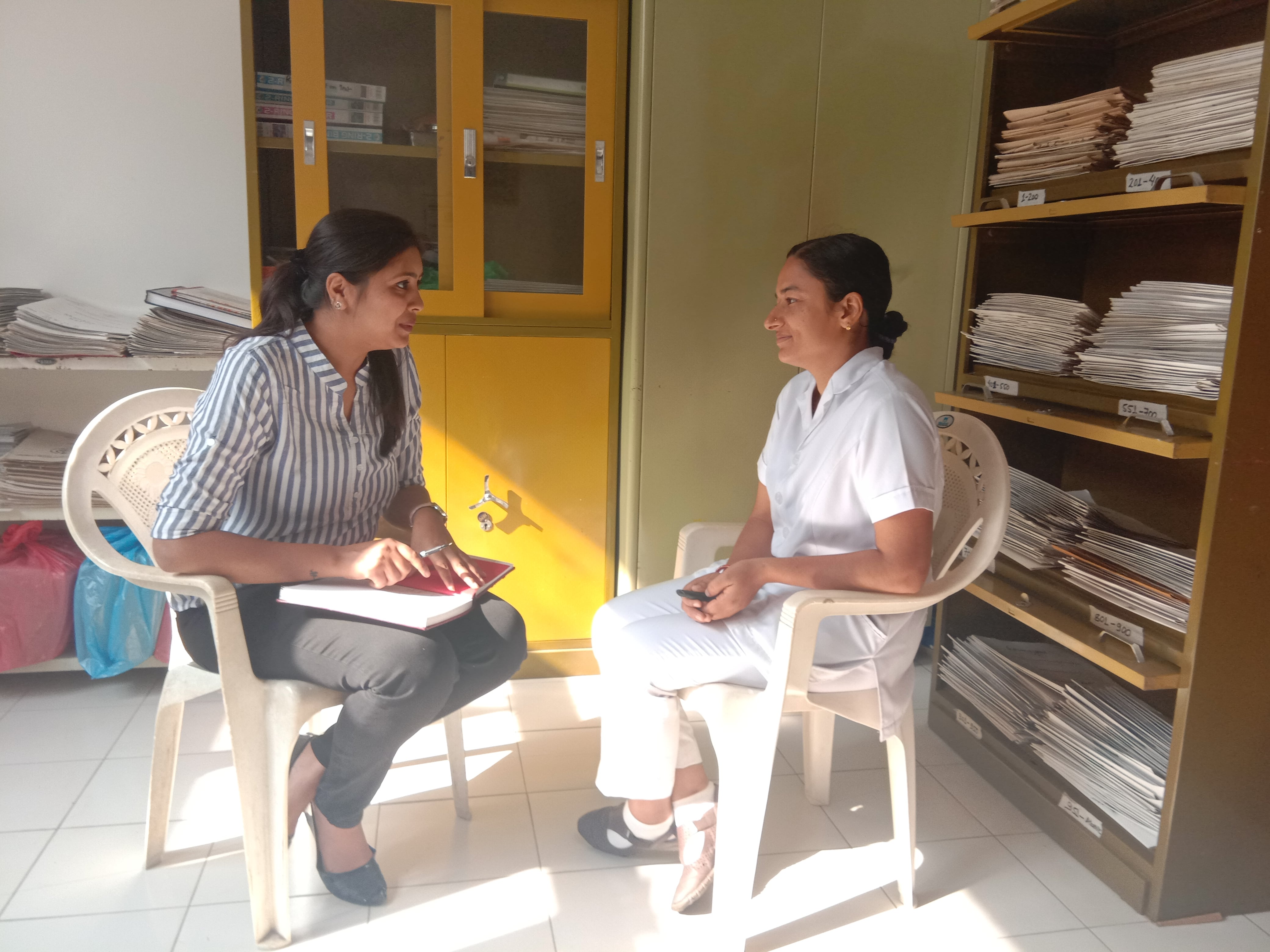
Argentina – Dra. Beatriz Moiraghi
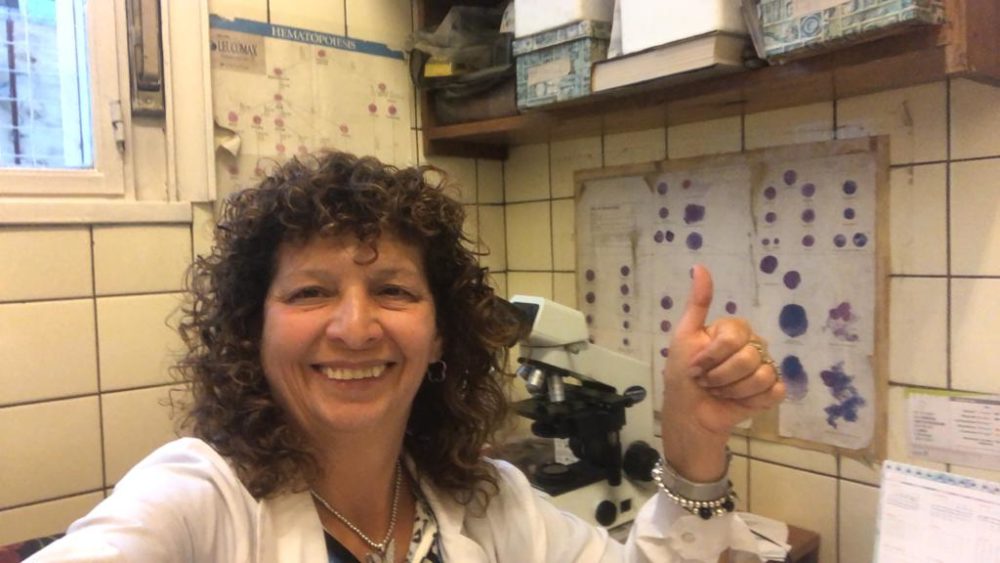 Dra. Beatriz Moiraghi has been a hematologist at Ramos Mejía Hospital in Buenos Aires since 1985.
Dra. Beatriz Moiraghi has been a hematologist at Ramos Mejía Hospital in Buenos Aires since 1985.
“Those who inspired me to work for something were my parents,” Dra. Beatriz says. “They were my example for everything, and above all, they were good people, simple altruists.”
Dra. Beatriz says what brings her to work each day are her patients. She lives by Charlie Chaplin’s quote “a day without laughter is a day wasted.”
“Empathy is how I feel about my work and it helps me with my patients,” she says. “I try my best to reduce the pain, I cry, I laugh … you learn from everything. There is so much to do in hematology, keep learning, accompanying, teaching and being thankful. Always thankful, not giving up, and not letting go.”
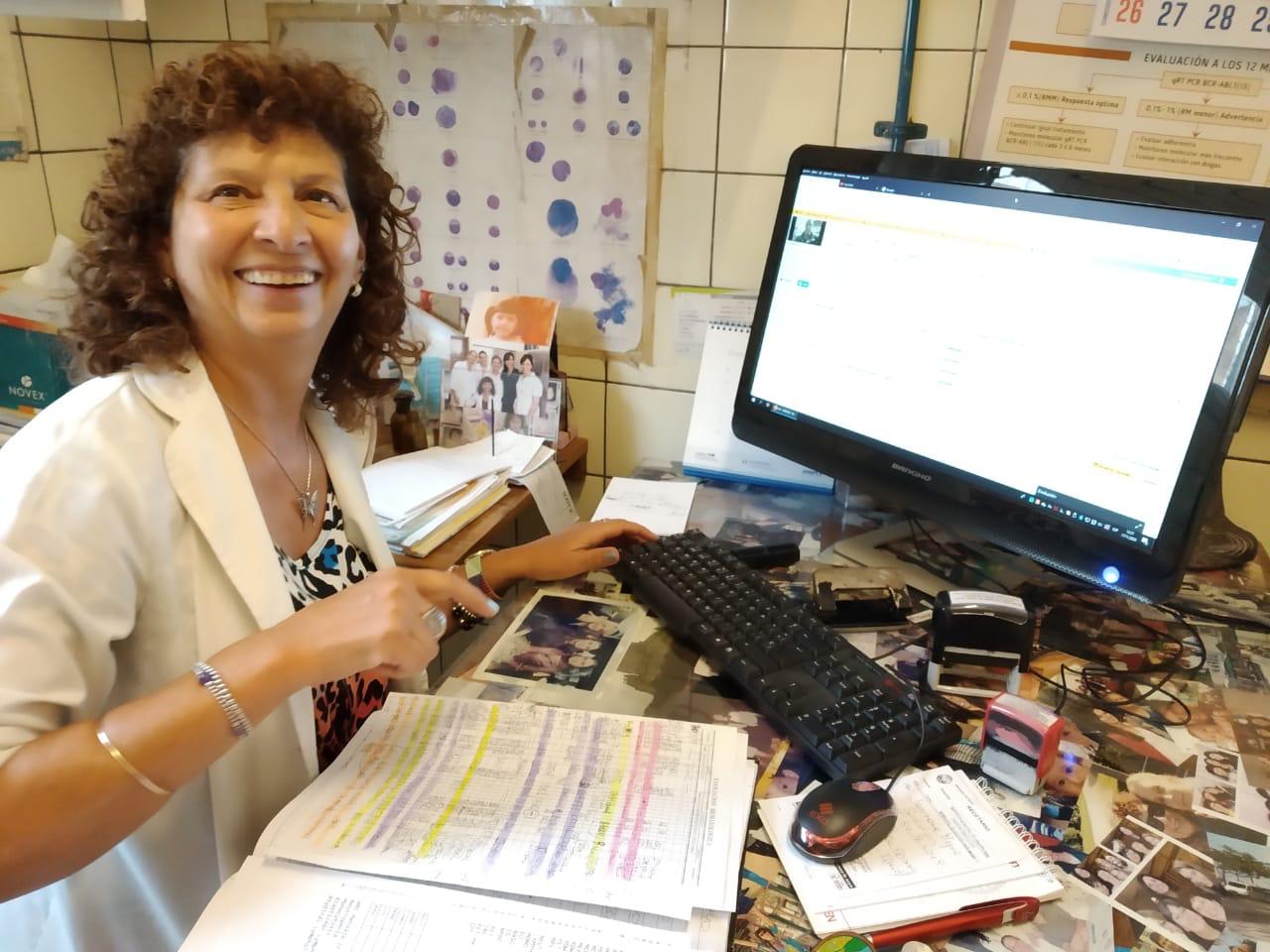
Mexico – Dra. Olga Graciela Cantú Rodríguez
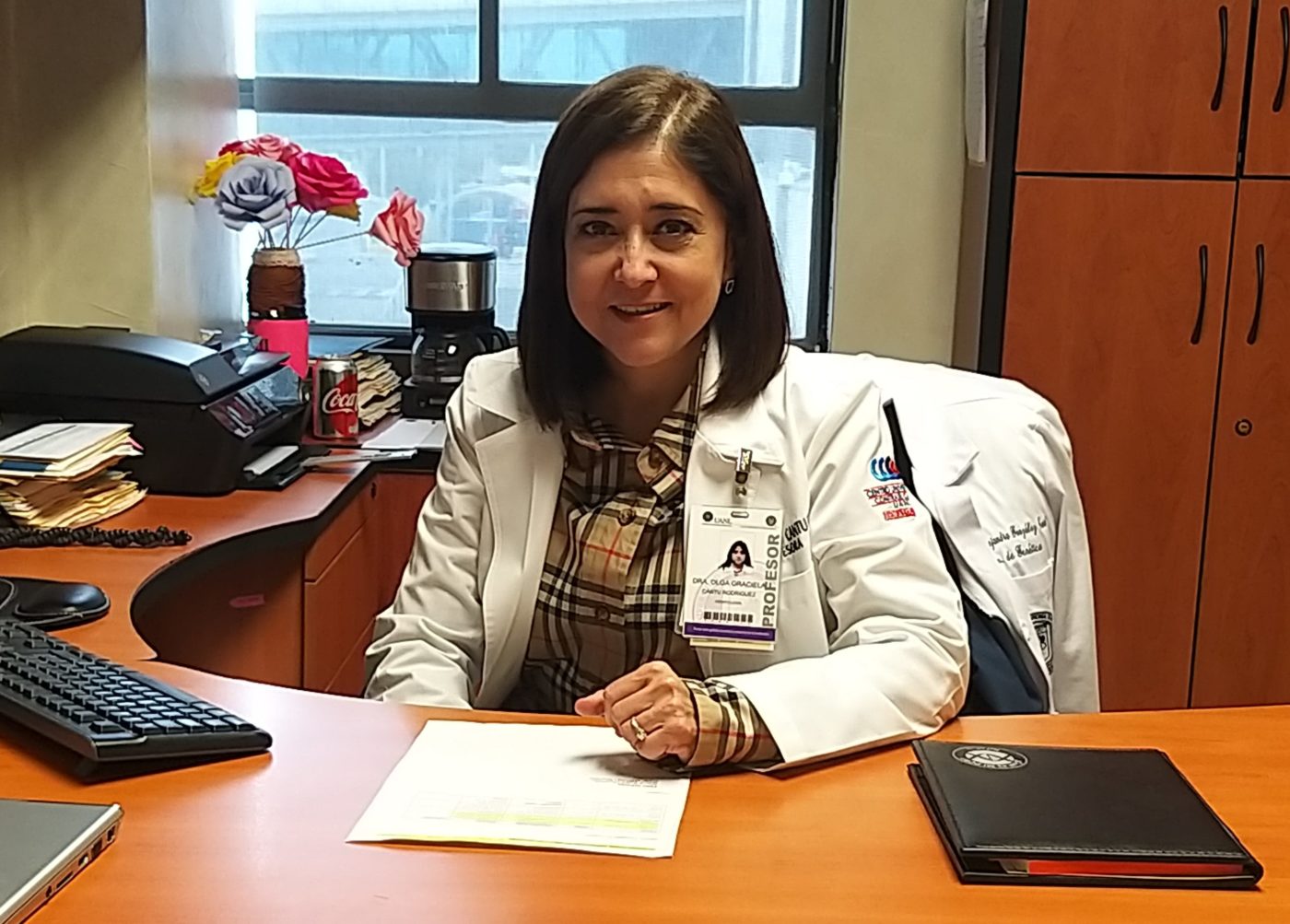 Dra. Olga Graciela Cantú Rodríguez is a Head Professor in the Department of Internal Medicine at the Hematology Department of the University Hospital in Monterrey, Mexico.
Dra. Olga Graciela Cantú Rodríguez is a Head Professor in the Department of Internal Medicine at the Hematology Department of the University Hospital in Monterrey, Mexico.
She’s a mother of four daughters, two of whom are following her path and studying medicine.
As an advocate for patients, she believes it’s a doctor’s responsibility to support the wellbeing of her patients in any way they can.
“One policy of the hematology service is that you cannot stop treating someone because of lack of resources, it is inhumane,” she says. “I really like research and I am always thinking about how I can innovate so that the patient is OK, what other options we have, and how we can be more accessible.”
She says what she loves most about her job is seeing her patients and being able to give them good news.
“Receiving good news from patients, like their children getting married, having children of their own … birthday parties, graduations, weddings … all of these become incentives. Seeing patients in excellent health conditions shows me that thanks to my work something transcended, that change is tangible.”
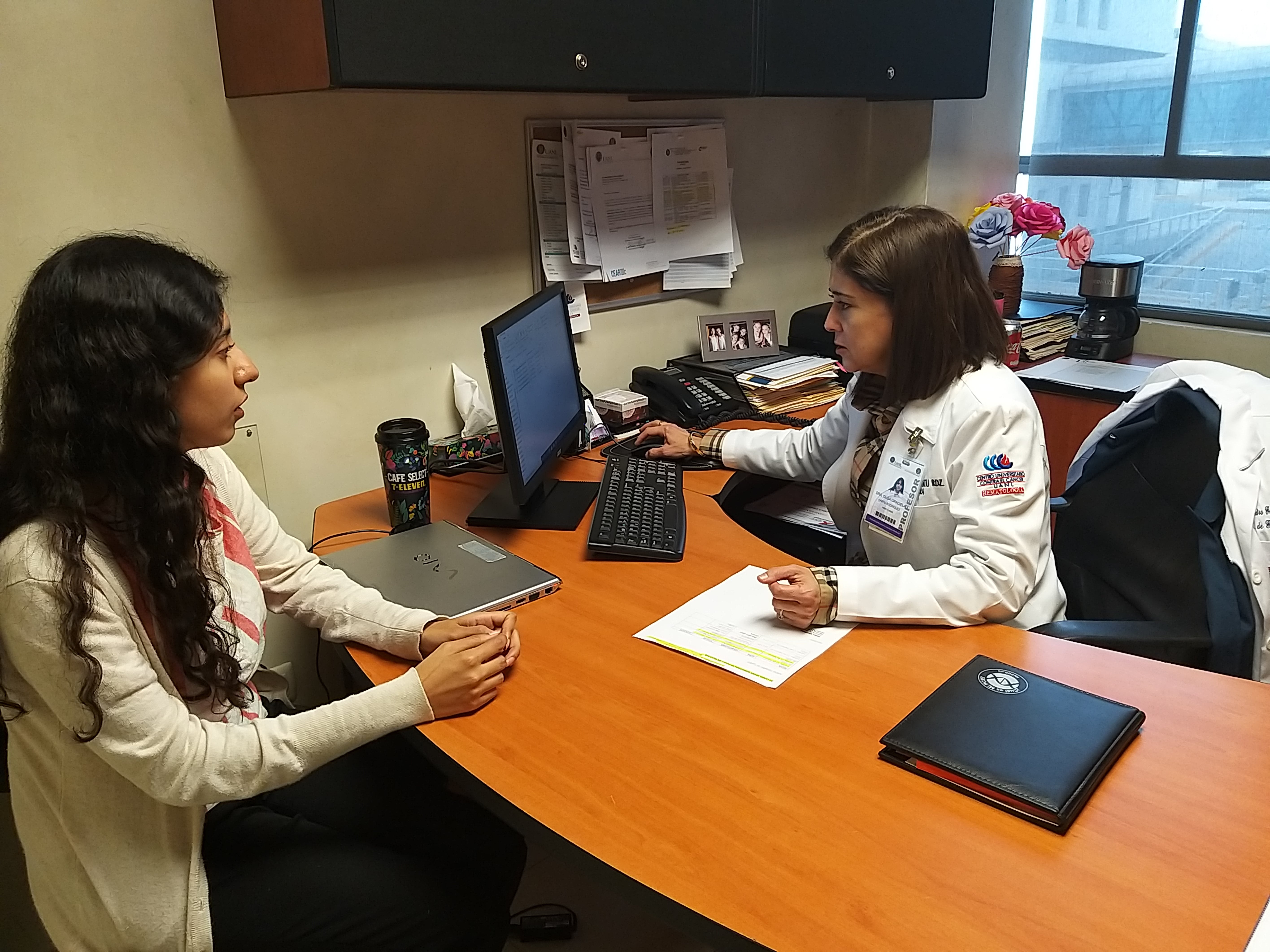
Senegal – Dr. Fatma Dieng Bousso
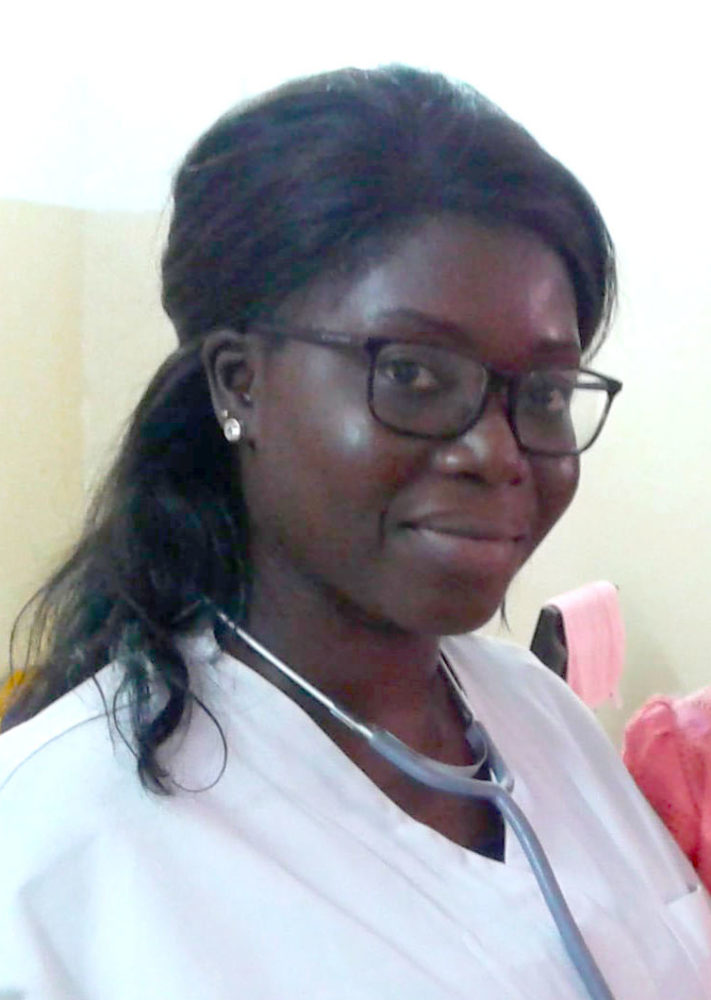 Dr. Fatma Dieng Bousso chose medicine as a career path to honor her aunt, who passed away two months before starting medical school. “This really inspired me to fulfill her passion and honor her,” she says.
Dr. Fatma Dieng Bousso chose medicine as a career path to honor her aunt, who passed away two months before starting medical school. “This really inspired me to fulfill her passion and honor her,” she says.
Dr. Fatma Dieng Bousso has worked at Centre Hospitalier Dalal Jamm since finishing her medical degree in 2018. She currently treats 95 patients enrolled in Max Access Solutions, and The Max Foundation supports a total of 184 patients in Senegal.
“Seeing the patients getting better keeps us going,” she says. “What drives us is the support we have with the access to treatment. In the beginning, the life expectancy (of patients) was very low and we lost a lot of patients. Now with all of the treatments and monitoring in place we are talking about treatment-free remission (for certain patients with chronic myeloid leukemia), which is a major milestone.”
India – Dr. Manju Sengar
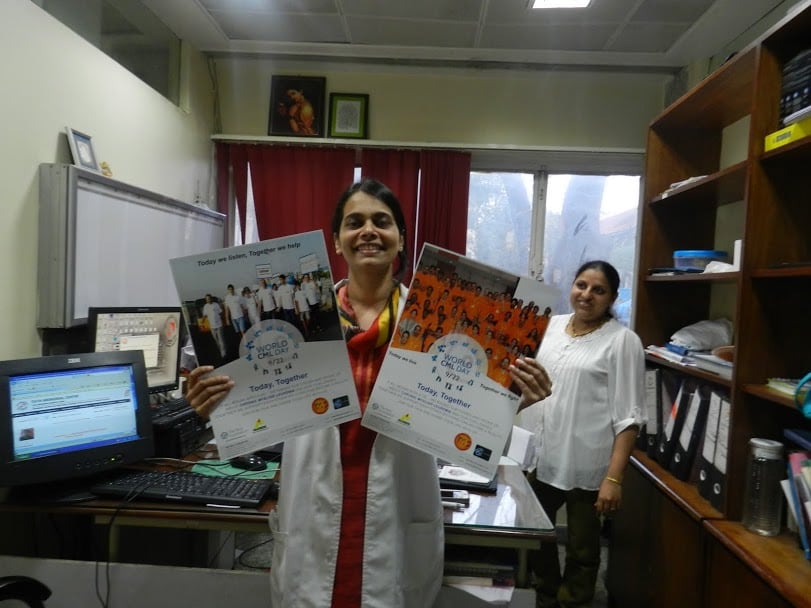 “My decision to become a doctor was largely driven by my sister whom I considered my role model,” says Dr. Manju Sengar. “I literally followed her footsteps to the same medical college.”
“My decision to become a doctor was largely driven by my sister whom I considered my role model,” says Dr. Manju Sengar. “I literally followed her footsteps to the same medical college.”
Outside of following her sister’s path, Dr. Manju Sengar says the faith and values instilled by her parents have guided her decision to become a doctor. Dr. Manju Sengar has been specializing in internal medicine for 17 years, and is now a Professor at Tata Memorial Centre.
She says she feels privileged to be part of Tata Memorial Centre where each patient is offered the same standard of care regardless of their ability to pay.
“In countries like ours, the main challenge lies in access to affordable, appropriate, and timely diagnosis and treatment,” she says. “I don’t think any other profession can be more satisfying than mine. You get so much in return by just doing your job and words can’t describe that joy. We become like one big family and share patients’ milestones —completing college, new job, marriage, kids, and grandkids.”
Tata Memorial Hospital is a leading cancer hospital specializing in cancer treatment and research. Situated in Mumbai, it serves nearly 30,000 patients from across India and its neighboring countries. Dr. Manju Sengar currently manages the care of 1,379 patients enrolled in Max Access Solutions.
“They [patients] give you strength to face your own personal adversities as you feel that your problems are nothing in comparison to patients’ and their families.”
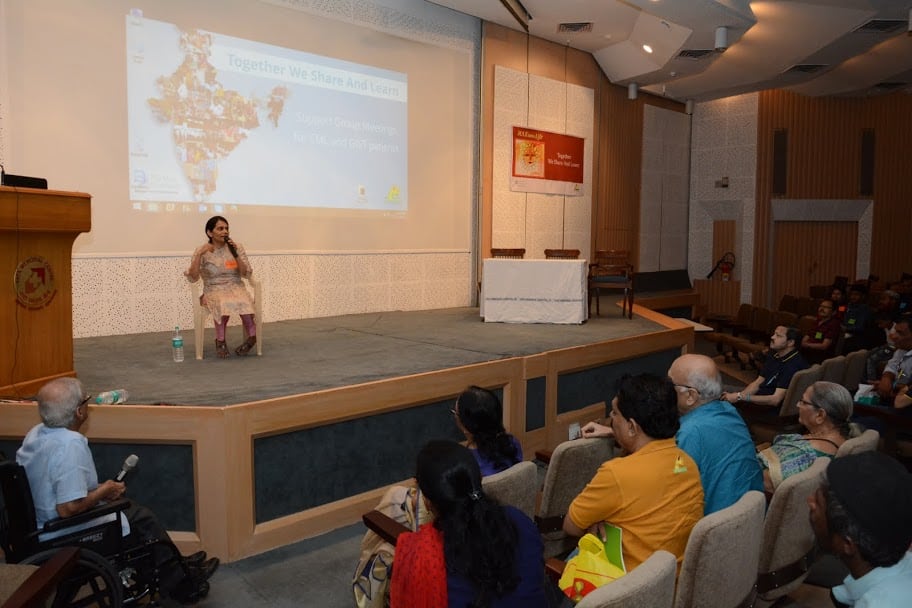
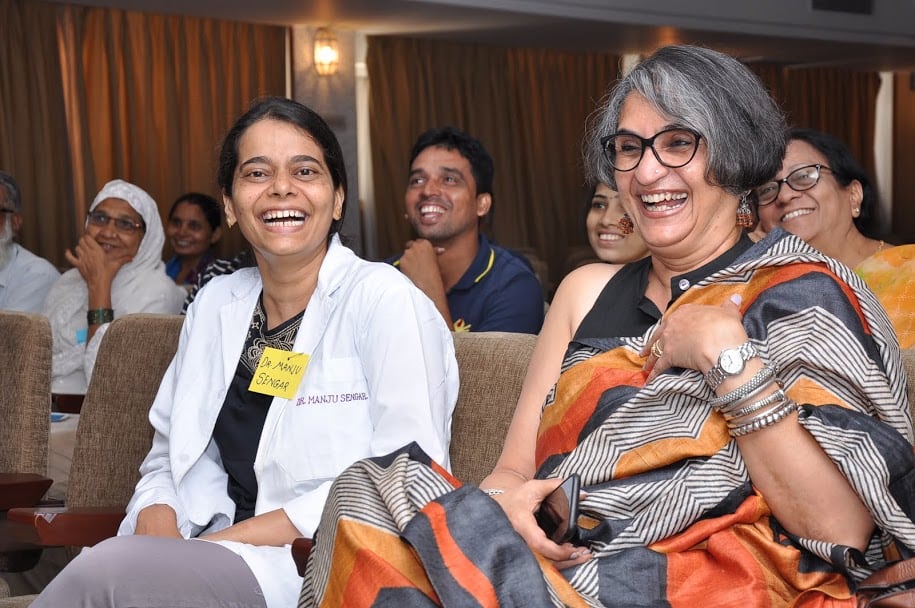
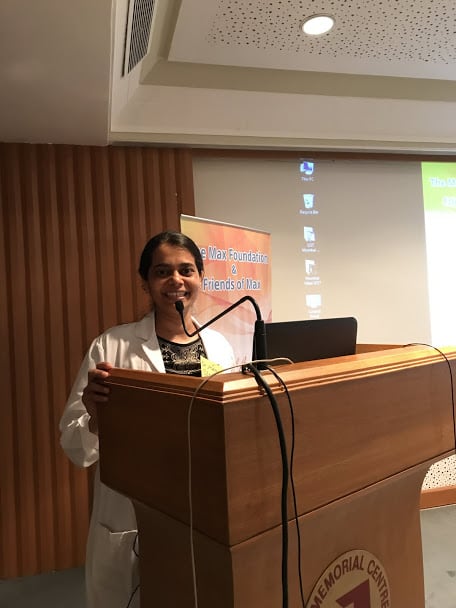
Fiji – Dr. Mai Ling Perman
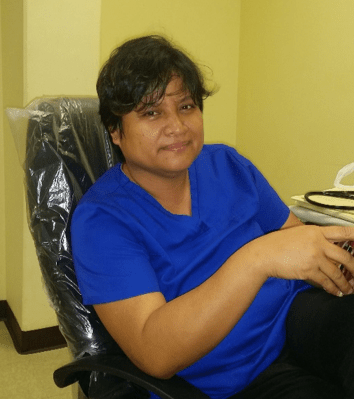 As an Assistant Professor in Internal Medicine at the Fiji National University and part-time clinician at Colonial War Memorial Hospital, Dr. Mai Ling Perman has a full schedule.
As an Assistant Professor in Internal Medicine at the Fiji National University and part-time clinician at Colonial War Memorial Hospital, Dr. Mai Ling Perman has a full schedule.
She decided to become a doctor so she can serve people and travel the world. “My parents taught me the value of education, hard work, and helping others,” she says.
The Max Foundation currently supports 19 patients in Fiji, which has been part of Max Access Solutions since 2017.
“What drives me the most is knowing that I can make a difference in a patient’s wellbeing. The best feeling is when you see patients improve or live longer with your help,”
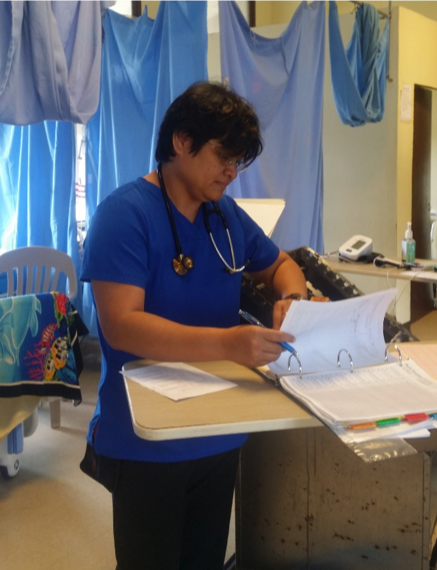
Kyrgyzstan – Dr. Bayzakova
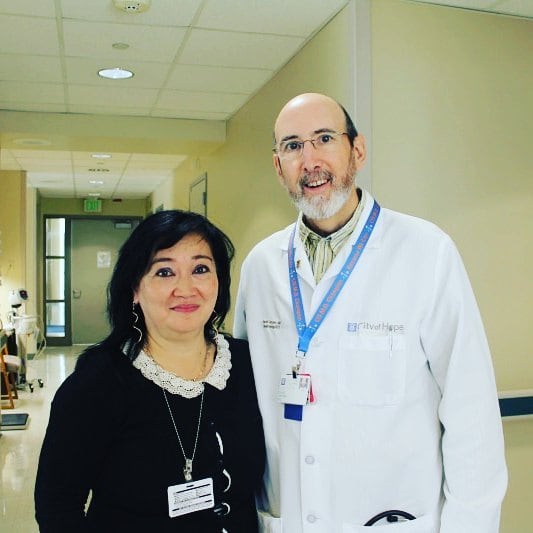 Since childhood, Dr. Bayzakova has always known that she wanted to pursue a career in which she can help people. Now she’s a hematologist at the National Oncology Centre in Bishkek, Kyrgyzstan, where she’s worked since 1986. Back when she was a medical student, she recalls a professor in one of her classes say that due to not having proper treatment, patients with acute and chronic leukemia were destined to die.
Since childhood, Dr. Bayzakova has always known that she wanted to pursue a career in which she can help people. Now she’s a hematologist at the National Oncology Centre in Bishkek, Kyrgyzstan, where she’s worked since 1986. Back when she was a medical student, she recalls a professor in one of her classes say that due to not having proper treatment, patients with acute and chronic leukemia were destined to die.
“When I arrived in Kyrgyzstan, I went to the adult and children’s wards of hematology where the situation was very negative, even worse than in the clinic in Moscow,” she says. “Afterwards I thought, someone needs to work in this tough area of medicine and attempt to save at least some lives of leukemia diagnosed patients.”
In 2003, The Max Foundation and Novartis sent the first boxes of treatment for patients. Now there are currently 521 patients who receive treatment through Max Access Solutions.
She recalls a dark time before she had access to lifesaving treatment for her patients. One of her patients gave her a gift and told her to “please set everyday alarm in the mornings to wake up early and always remember to look at this alarm. Patients need you every day at the hospital.”
Now she says she’s very happy to be a doctor. She is head of the Kyrgyzstan patient group and leads seminars to educate patients on their disease and how to best manage side effects.
“This was probably my destiny,” she adds.
Join us to celebrate International Women’s Day by sharing the women who inspire you and tagging @themaxfoundation on Facebook, LinkedIn, and Instagram or @stompoutcancer on Twitter.

